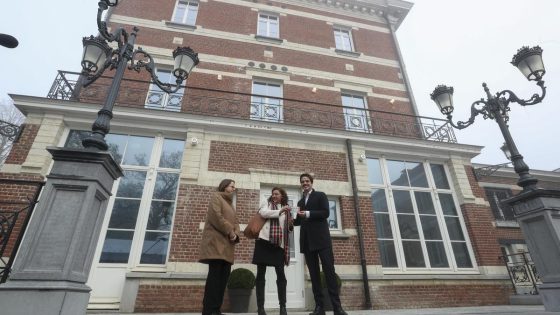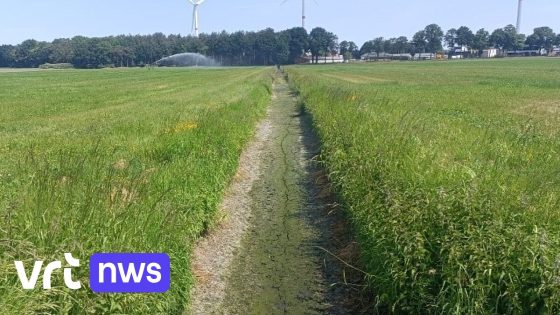The Belgian climate research landscape is facing significant changes following the unexpected shake-up at the Klimaatcentrum. Opened with much fanfare in November 2022, the Klimaatcentrum was designed to coordinate and map out Belgian climate research efforts. However, as of 2025-05-15 19:29:00, the centre’s leadership structure is undergoing a major overhaul.
- Klimaatcentrum opende in november 2022 met bombarie
- Directeur Valerie Trouet nam ontslag om persoonlijke redenen
- Klimaatcentrum wordt geïntegreerd in KMI onder manager
- Integratie moet samenwerking en transparantie versterken
- Dermine betreurt verlies aan autonomie en ambitie
- Ecolo waarschuwt voor minder klimaatonderzoek en inzet
After the resignations of both directors, including renowned dendroclimatologist Valerie Trouet, the federal government decided against appointing new directors. Instead, the Klimaatcentrum will be integrated into the Royal Meteorological Institute (KMI), led by a single manager. What does this mean for Belgium’s climate ambitions and research independence? Let’s explore the implications.
With this transition underway, many are questioning whether Belgium risks losing an independent voice in climate science. How will this affect the coordination of climate research and public trust? The answers lie in the balance between streamlined management and maintaining scientific autonomy.
Will centralizing the Klimaatcentrum strengthen or weaken Belgium’s climate research efforts? While integration promises clearer collaboration and simplified organization, critics warn about the loss of independence. Key points include:
- The Klimaatcentrum’s autonomy is reduced, possibly impacting its credibility.
- Integration aims to enhance transparency and resource efficiency.
- Leadership resignations highlight personal and bureaucratic challenges.
- Political voices express concern about Belgium’s climate commitment.
As Belgium navigates this new chapter, it remains crucial to monitor how these changes affect climate research outcomes and public engagement. Will this restructuring lead to stronger climate action, or will Belgium’s climate ambitions suffer? Stakeholders must remain vigilant and advocate for transparency and independence in climate science.

































